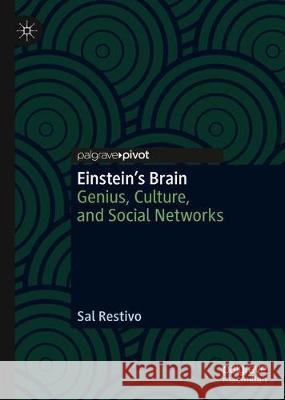Einstein's Brain: Genius, Culture, and Social Networks » książka
topmenu
Einstein's Brain: Genius, Culture, and Social Networks
ISBN-13: 9783030329174 / Angielski / Twarda / 2019 / 163 str.
Einstein's Brain: Genius, Culture, and Social Networks
ISBN-13: 9783030329174 / Angielski / Twarda / 2019 / 163 str.
cena 221,90
(netto: 211,33 VAT: 5%)
Najniższa cena z 30 dni: 212,02
(netto: 211,33 VAT: 5%)
Najniższa cena z 30 dni: 212,02
Termin realizacji zamówienia:
ok. 16-18 dni roboczych.
ok. 16-18 dni roboczych.
Darmowa dostawa!
Kategorie BISAC:
Wydawca:
Palgrave Pivot
Język:
Angielski
ISBN-13:
9783030329174
Rok wydania:
2019
Wydanie:
2020
Ilość stron:
163
Waga:
0.36 kg
Wymiary:
21.01 x 14.81 x 1.12
Oprawa:
Twarda
Wolumenów:
01
Dodatkowe informacje:
Wydanie ilustrowane











